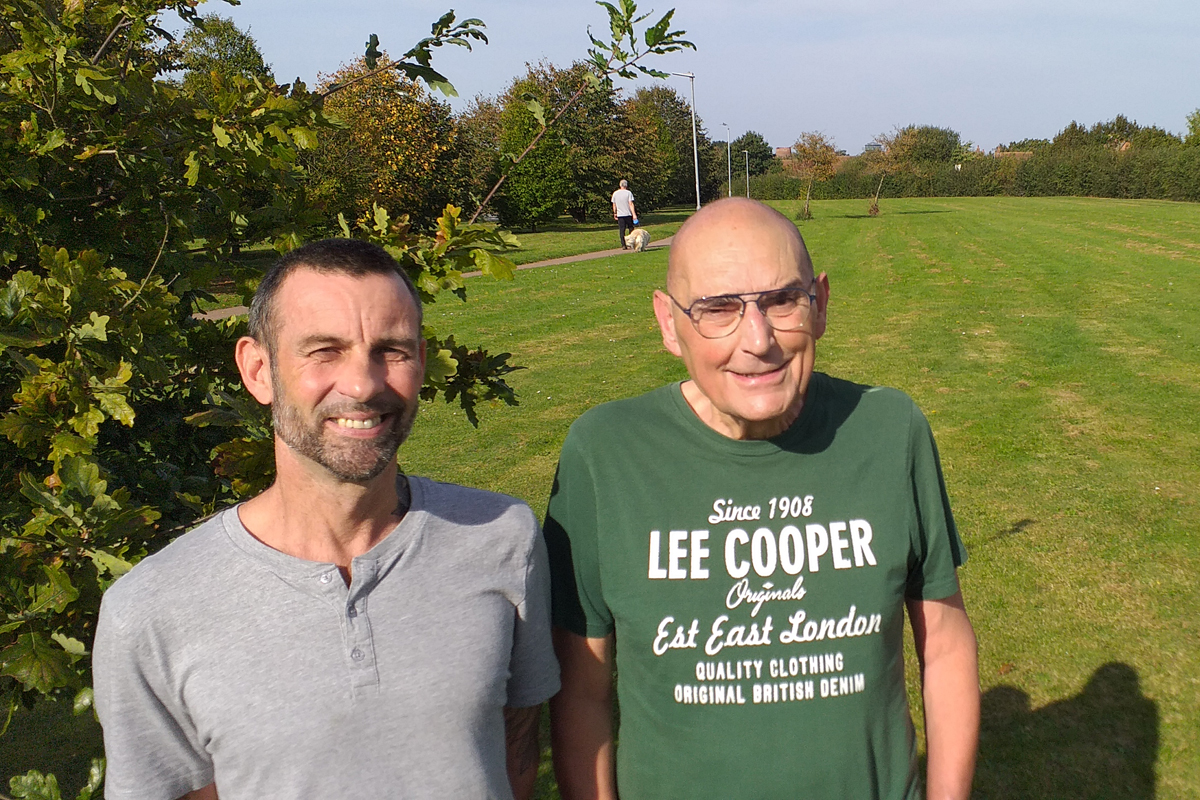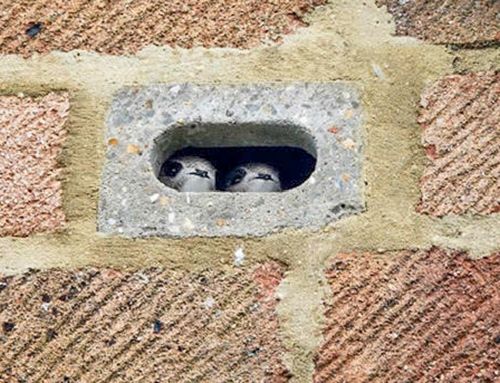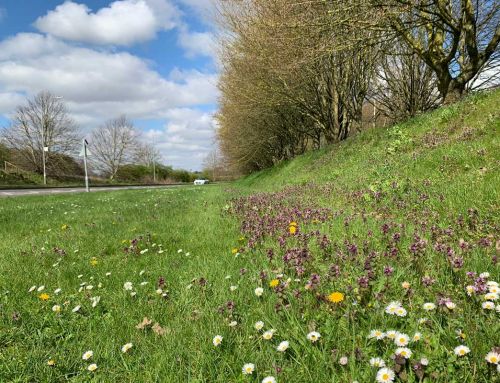A community orchard of apples, pears, plums and cherry, will be planted on the edge of Aylsham over the next few months – at no cost to the town.
The project will be financed and managed by the Broadland Tree Warden Network which will also source and plant the trees on the site between Mileham Drive and Howard Way next to the playing field.
The little-used one-acre plot is currently just grass and bounded by a hedge and semi-mature trees. It will be home to 50 predominantly local heritage variety fruit trees such as the Norfolk Royal apple, Robin pear, Merchant cherry and Medlar.
It will need two seasons to ensure good crops but it is expected that the fruit will then be freely available to the community.
The venture is headed by John Fleetwood, Chair and Co-ordinator of the Network, who has been a tree warden for 35 years.
Along with Rob Dack, Broadland Tree Warden for Aylsham, John will oversee the planting and management of the orchard. Funding will come from the Network’s budget provided by Broadland District Council.
A retired engineer, John, aged 73, said: “We chose Aylsham after being contacted by Aylsham Climate Emergency committee who were looking for enthusiastic volunteer wardens to monitor and improve awareness of trees and their value to communities.
“Part of the brief included mapping open spaces with public access, and the Henry Page Road site fitted the bill.”
John’s love of trees started when he bought a woodland behind his home in Brundall 38 years ago.
“I learned to treat trees with respect. They absorb CO2, protect us from sunlight, give us fruit and wildlife depends on them,” he said. And he happily admits to talking to them.
Rob Dack, 52, is general assistant at The Manor care home, in Aylsham. He has been a tree warden for just over four months and is keen to get planting.
“I moved to Aylsham from Norwich to be near fields and nature and reconnect with my love of trees,” he said.
“I’m looking forward to bringing another lovely, natural feature to Aylsham and, hopefully, get the community involved, schools especially.”
The community orchard will have an on-site information board, and regular “Apple Days” are planned for when the fruit is ready.
Norfolk fruit trees
From medieval times, East Anglia’s “cyder” was produced as a form of currency for harvest labour. It was made using a mixture of dessert and cooking apples, unlike West Country cider which uses specially bred tannin-rich varieties.
Started in the 19th century, Gaymers Cyder became the largest cyder-making factory in the region, relying on local growers for apples.
The factory closed in 1995 and many local orchards were cleared. In the last 50 years, the county’s orchard area has declined by more than 50 per cent . . . due to a combination of housing development, change of use to more profitable arable crops and neglect.
This has had a dramatic effect on the landscape and has also led to a decline in biodiversity.
From Community Orchard for Aylsham – A proposal by Rob Dack






